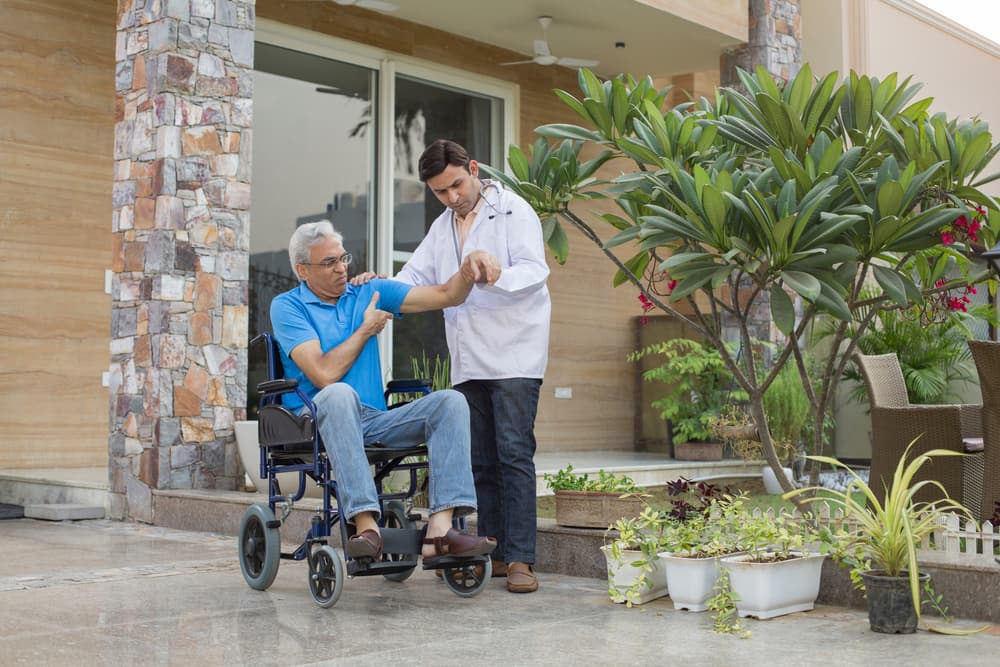People take retirement for various reasons, be it reduced mobility or upon reaching their official retirement age. Whatever the cause, retirement can be difficult to cope with, especially in the initial phases, when you have ample time at your disposal but not much work to do. So, it’s important to keep yourself occupied so that you do not get into depression. At such times it is important to consider exploring hobbies for seniors to keep them engaged.
Hobbies are a great way to fruitfully spend your time, especially in retirement. Hobbies will keep you engaged, help you socialize, as well as keep you mentally and physically active. Most importantly, one can take up a hobby in accordance with one’s liking or mobility. As hobbies can be diverse from something as light as reading or sketching to something as physically taxing as gardening or sports, one must choose a hobby keeping in mind one’s physical health and competence so that he/she doesn’t feel discouraged.
Here are a few options of hobbies for seniors that can be considered in retirement.
Book Club: Reading is useful for everyone and a top recommendations on the list of hobbies. The good thing about reading is that your physical health will not hinder you from pursuing reading as a hobby. Reading will also keep you mentally fit and sharpen your mind. Book clubs are good for socializing, as they will keep away loneliness and prevent the build-up of anxiety or depression.
Chess: Playing chess is a good way to sharpen your cognitive skills. It improves your decision-making skills and helps your memory. It also improves problem-solving and strategic skill-making. Anyone can learn chess at any age. Chess is a delightful hobby for seniors that besides keeping them mentally agile also helps in socialising and widening their friend circle.
Also Read: How Do You Find Your Life’s Purpose Post-Retirement?
Writing: Writing is a classic choice for seniors that also helps in self-learning. Retirees can write about what they have learned during their working years by way of memoirs and diaries. It will keep in engaged, and their mind and body fit. Such diaries and memoirs can also be helpful guides for the younger generation to learn how to deal with problems and overcome obstacles related to family, financial, or job issues while staying stress-free and happy.
Cooking: Cooking is one life skill that everyone should know. Cooking is also a great stressbuster. Cooking, besides keeping one mentally happy, also helps in retaining mobility. Compromised mobility can be a sign of arthritis, which is common in adults. Cooking can also help you learn more about new cultures and heritages. It is also a good way of keeping their nutrition intake and what is or isn’t good for their body, both of which are really important in old age.
Musical Instruments: Music is good for your mental health. It will keep your motor skills intact while also polishing your memory while keeping you happy and relaxed. Your physical health is also improved by playing musical instruments. Instruments, such as mouth organs improve lung health and the immune system and also strengthen mobility.




